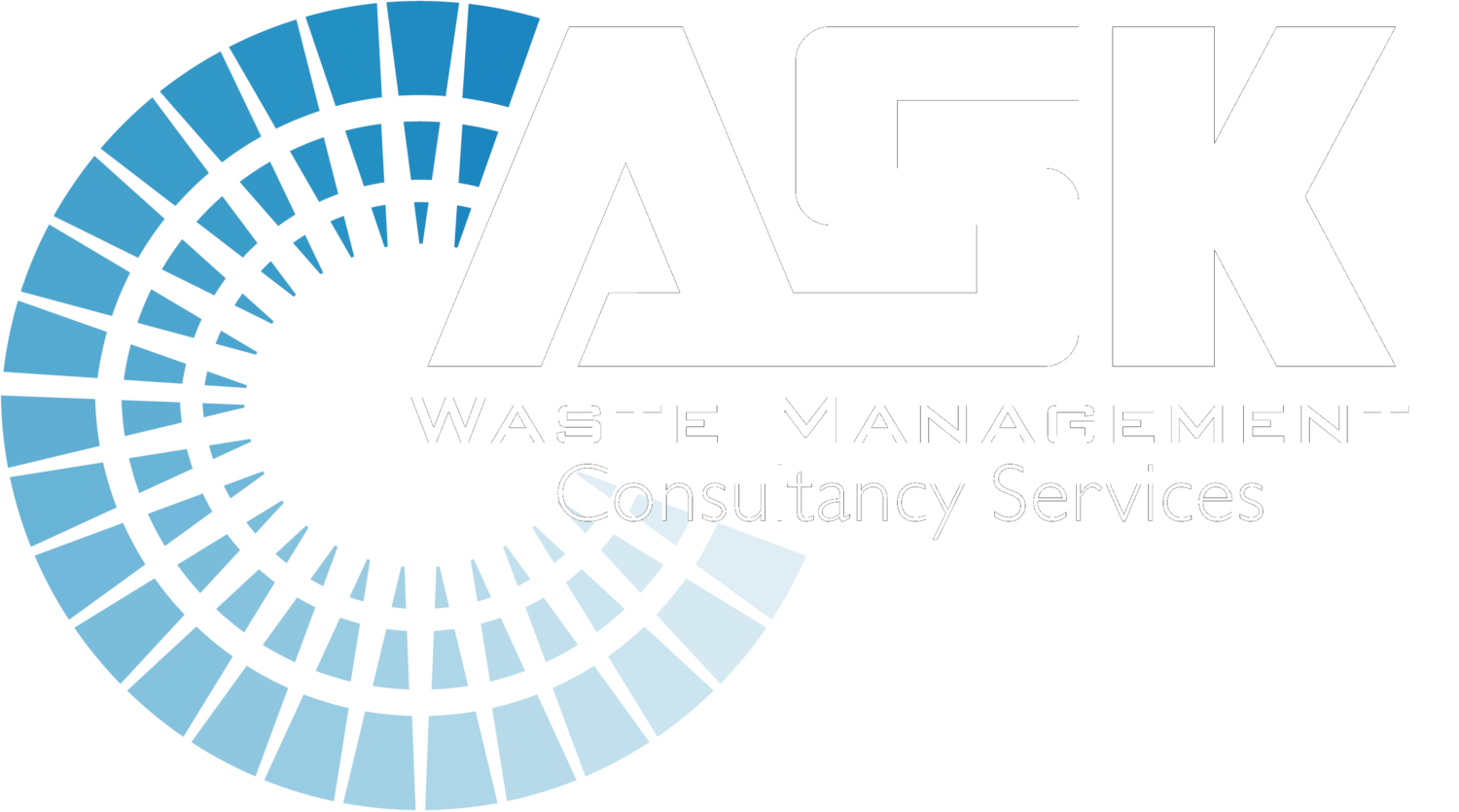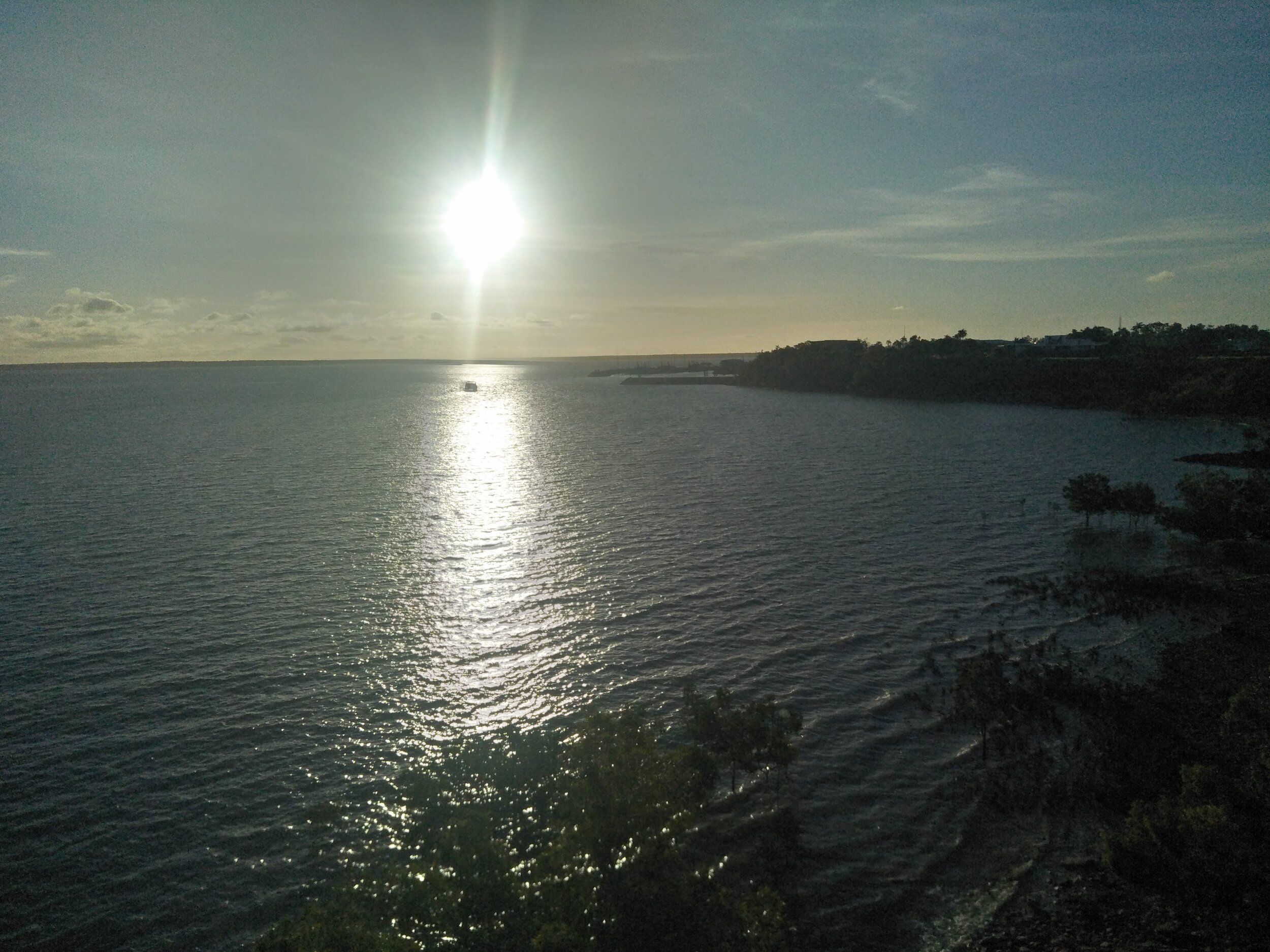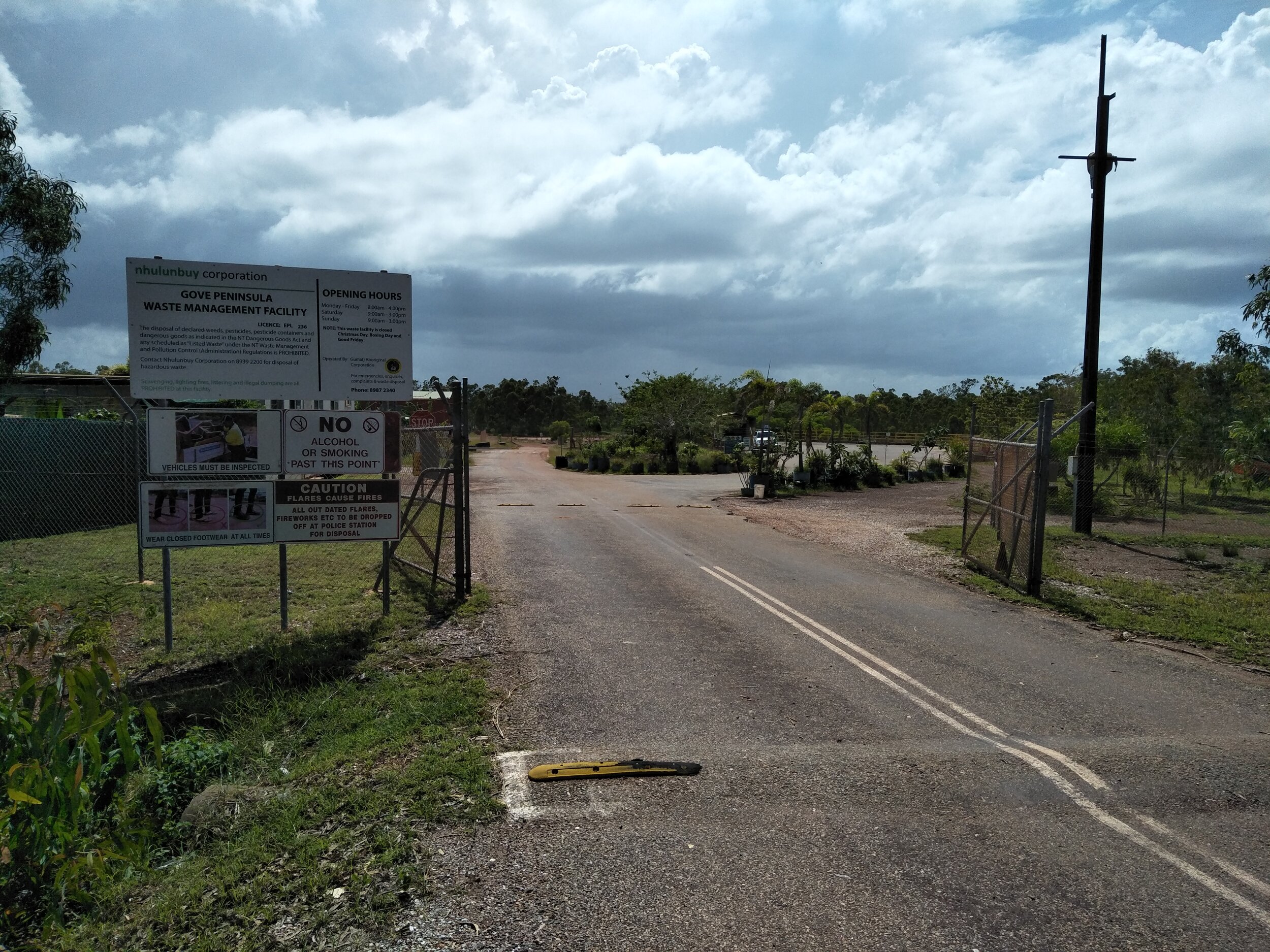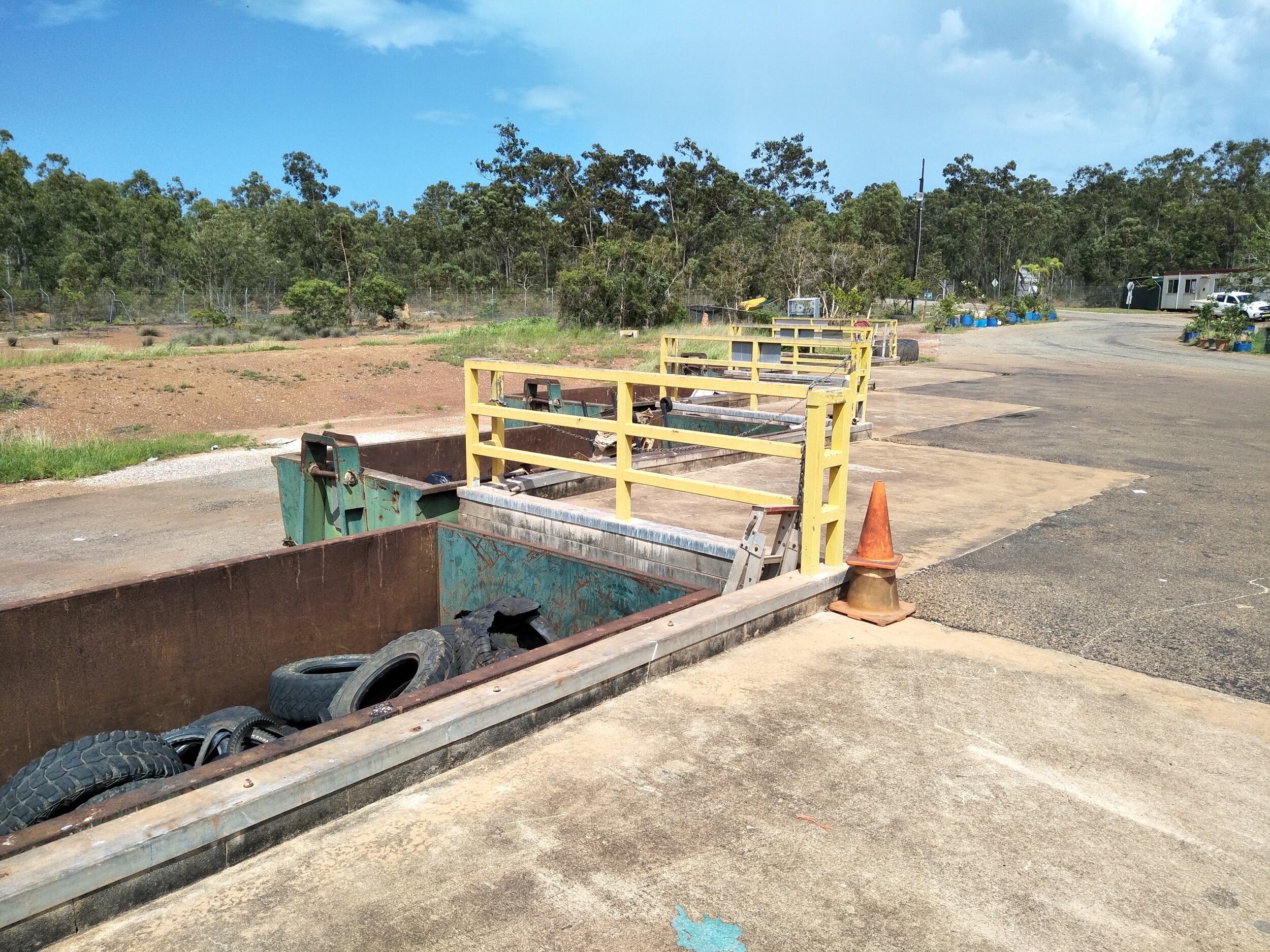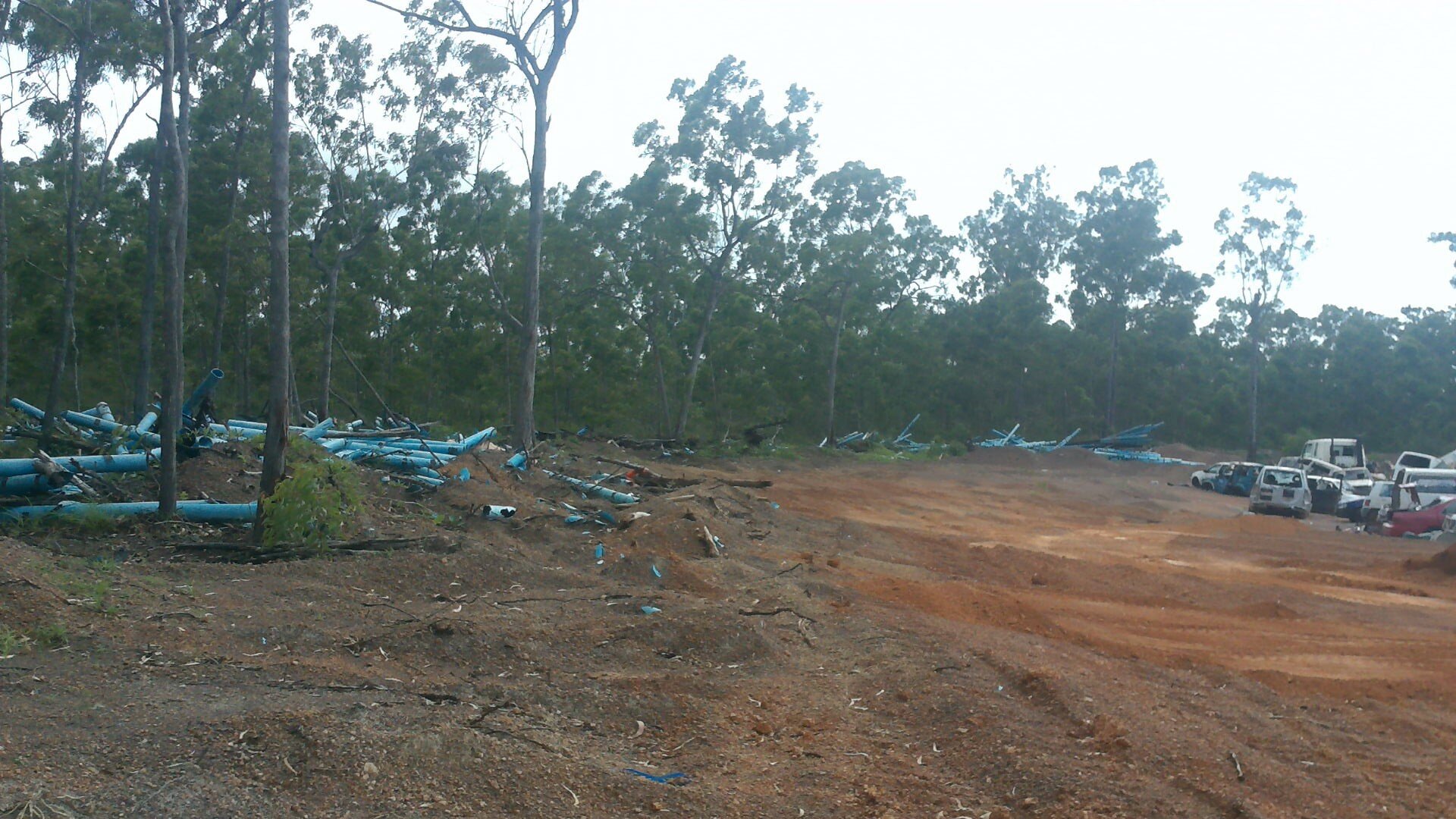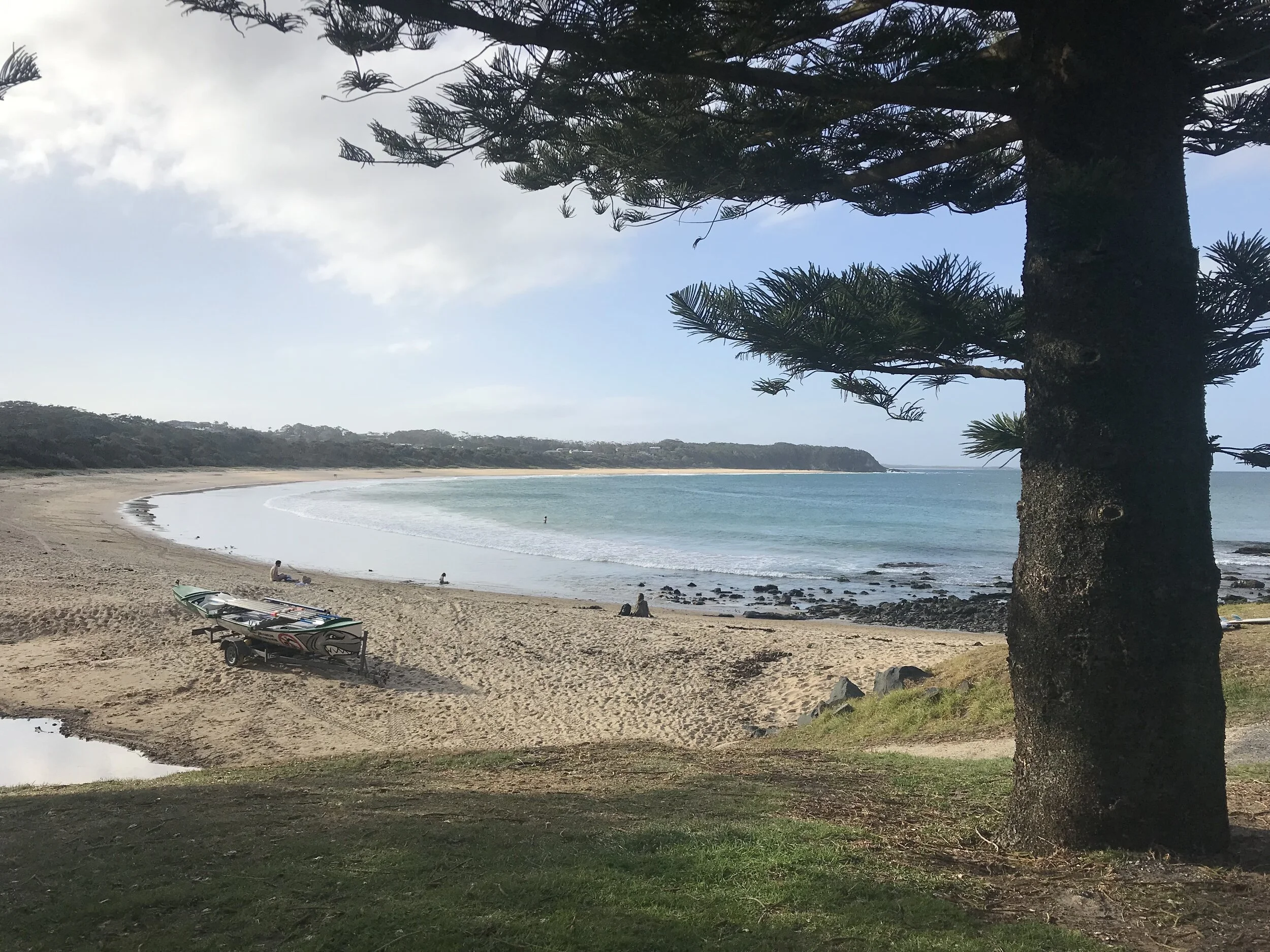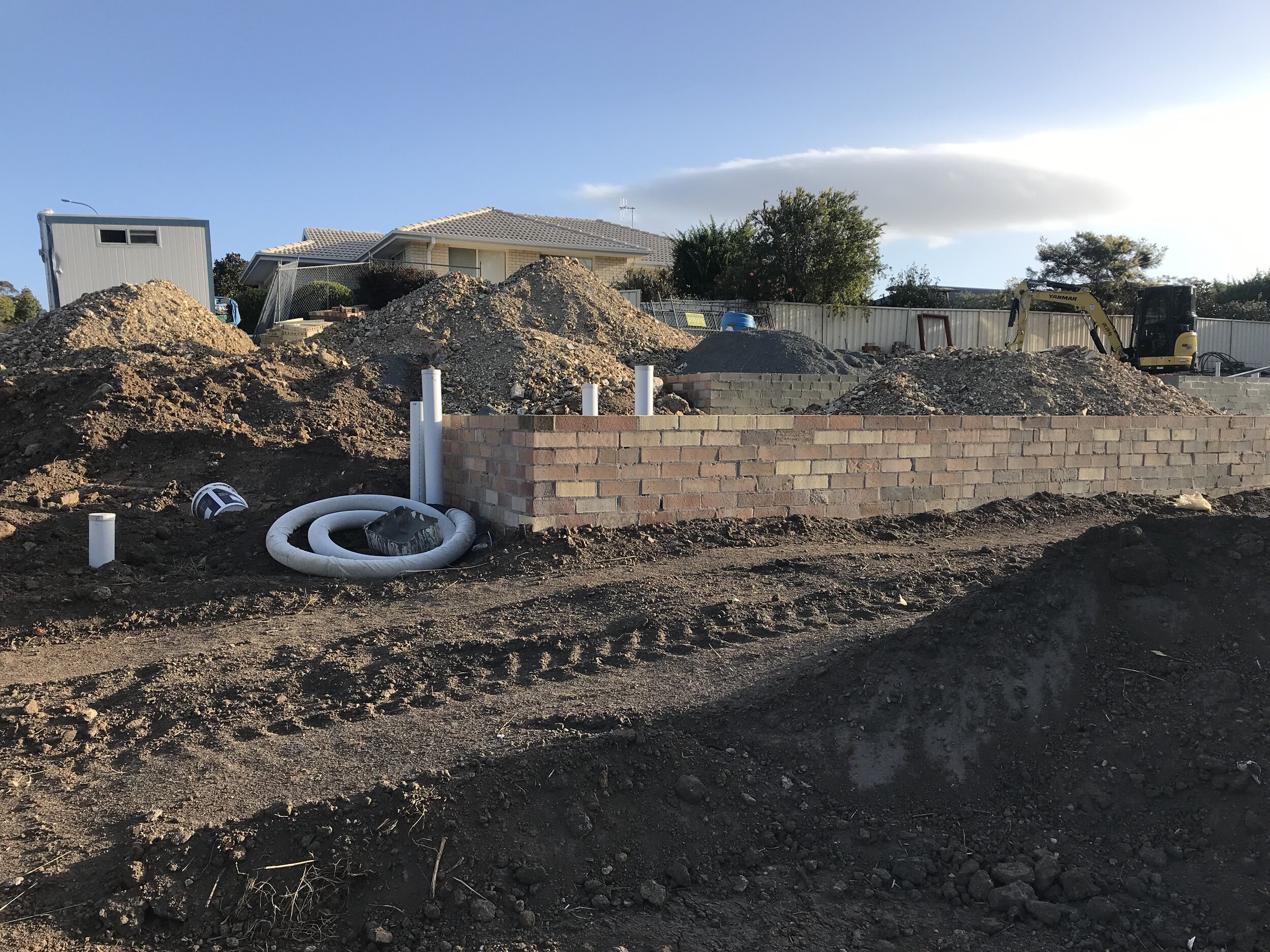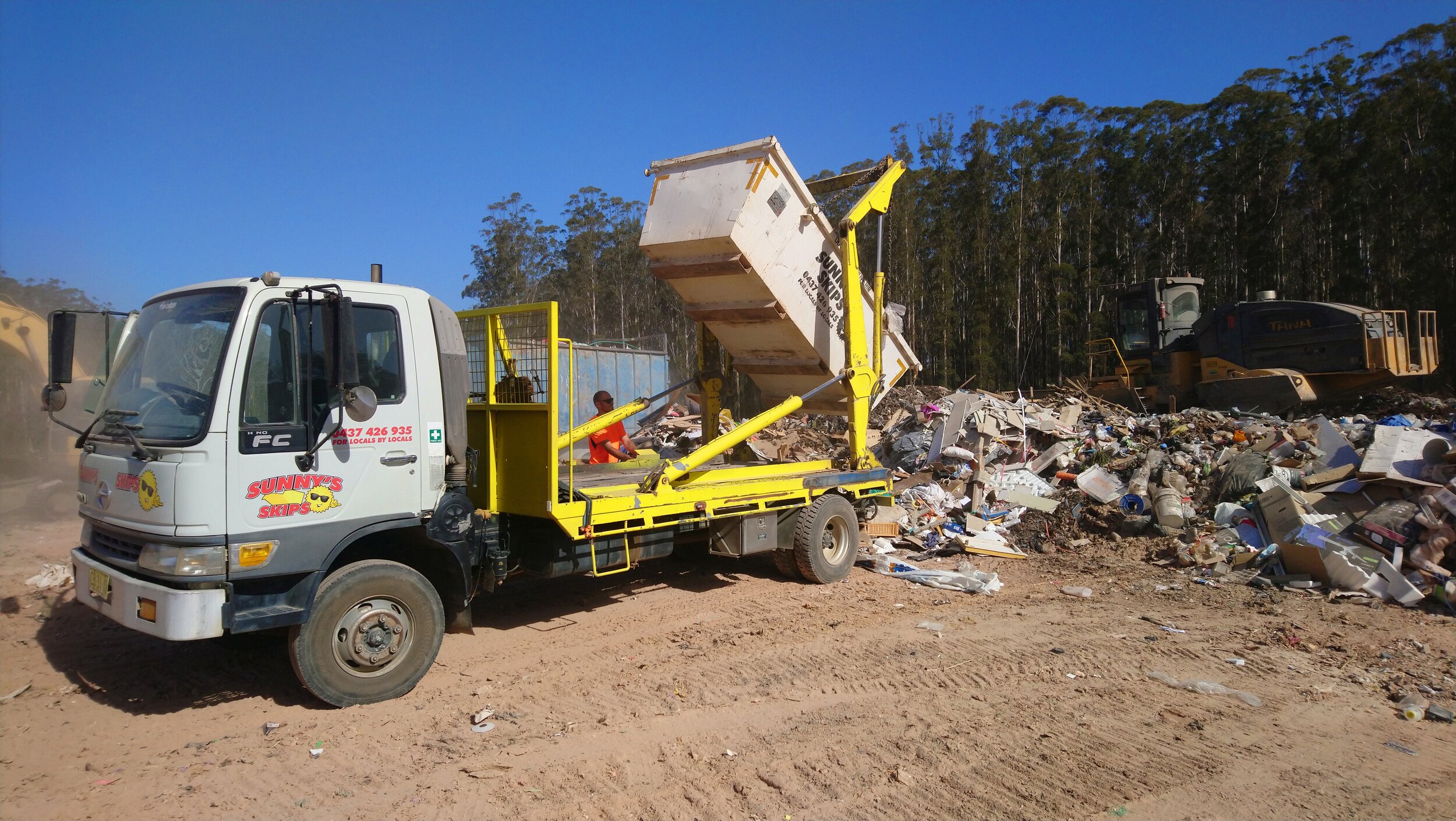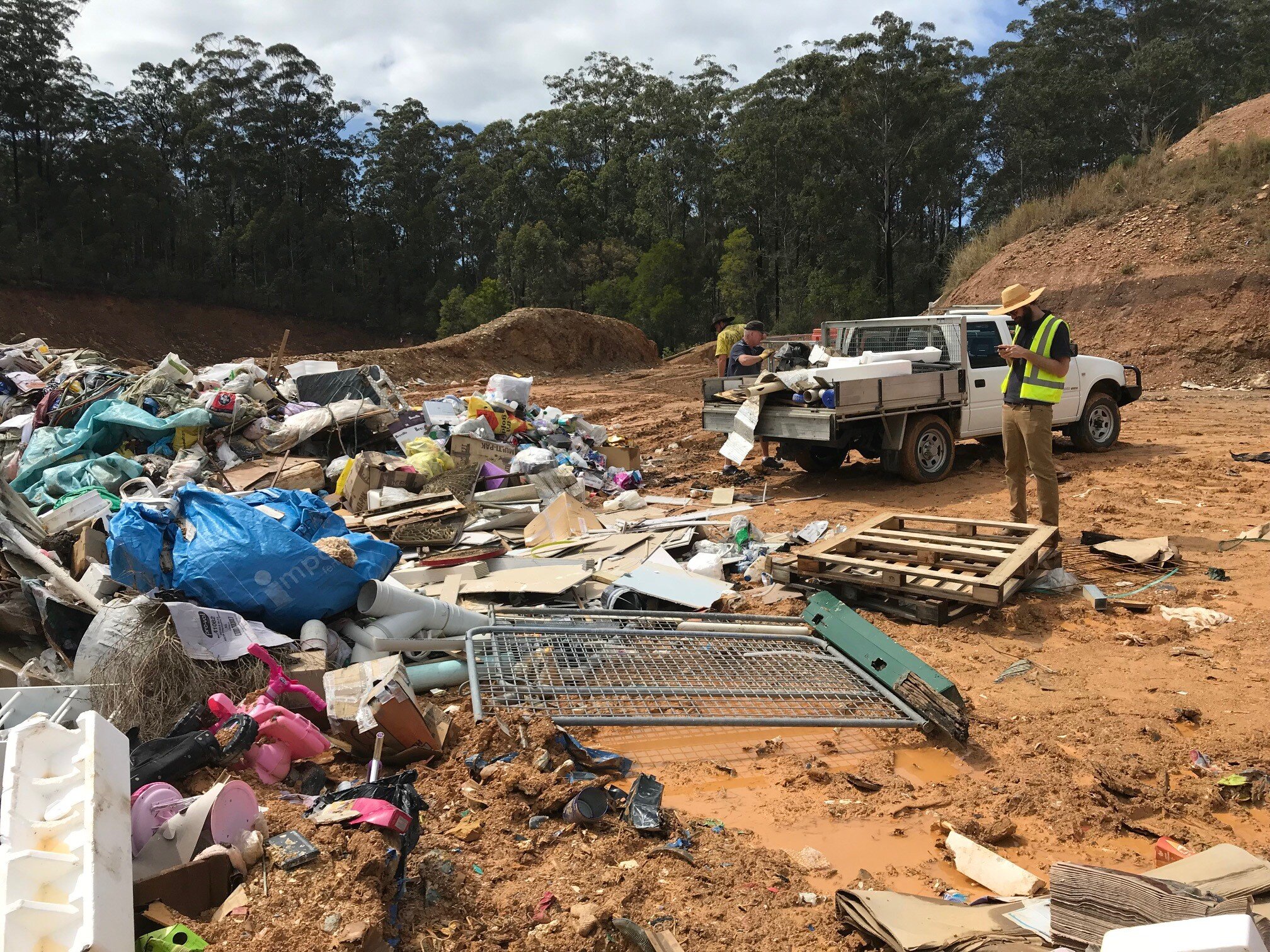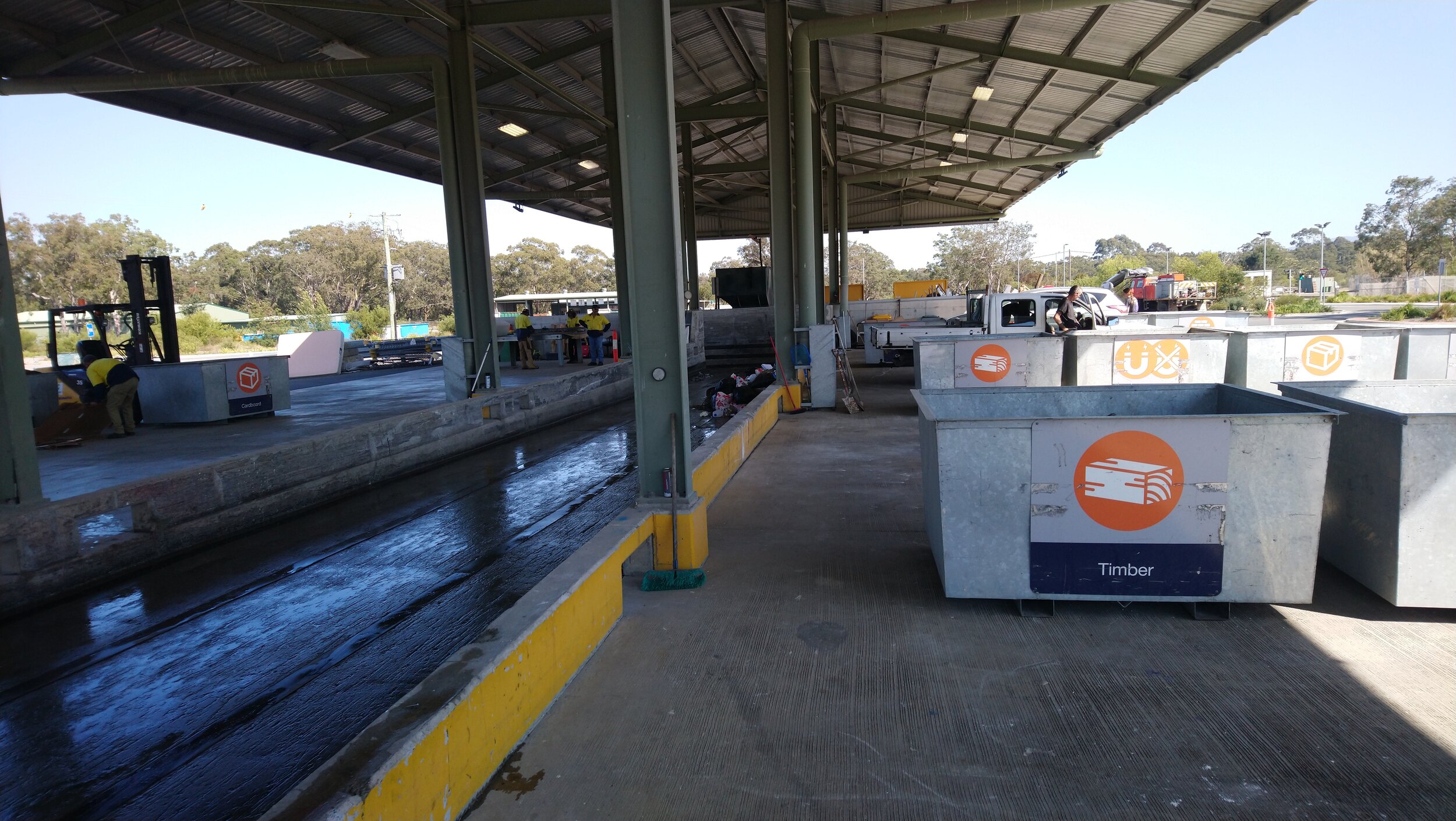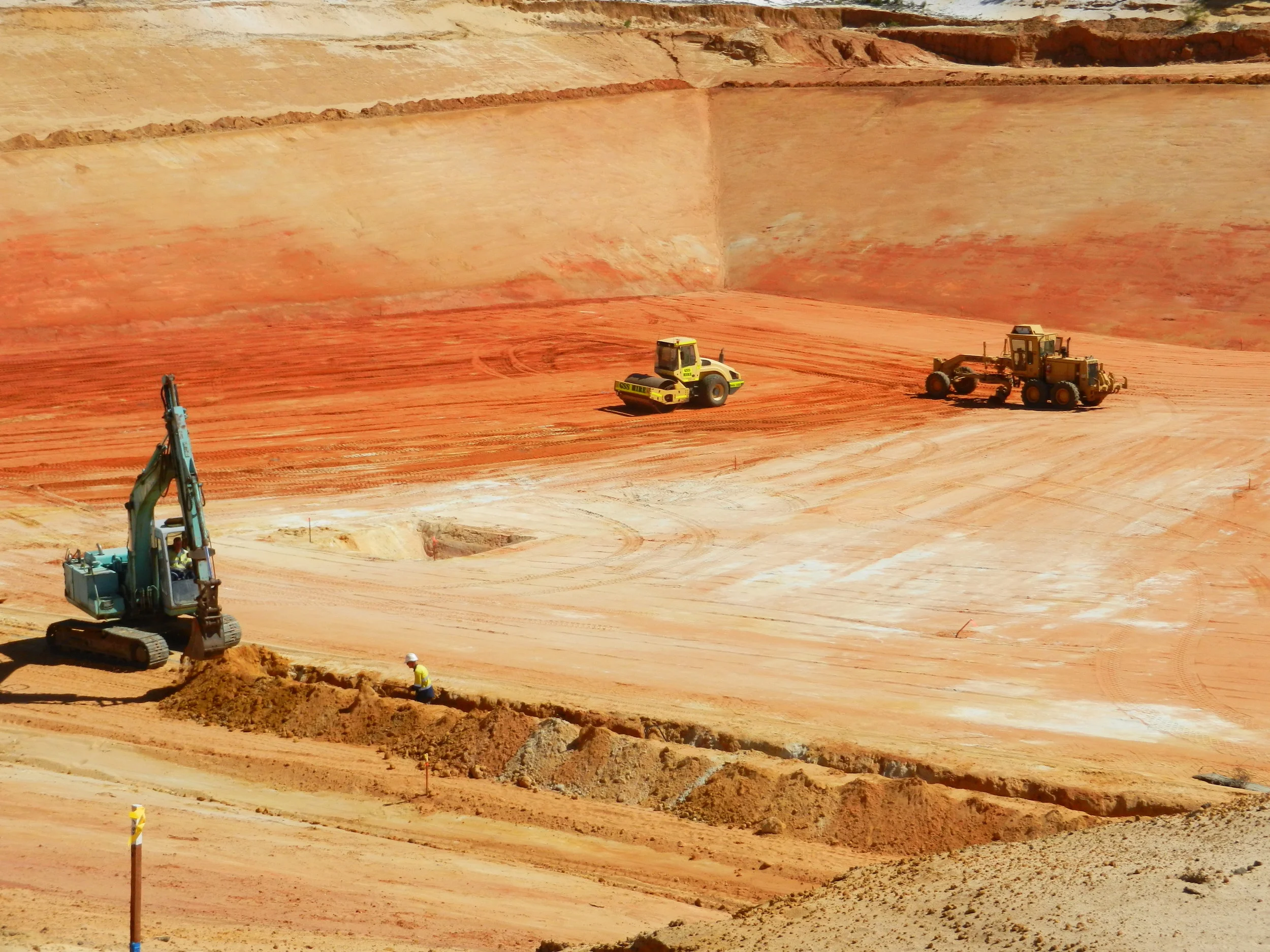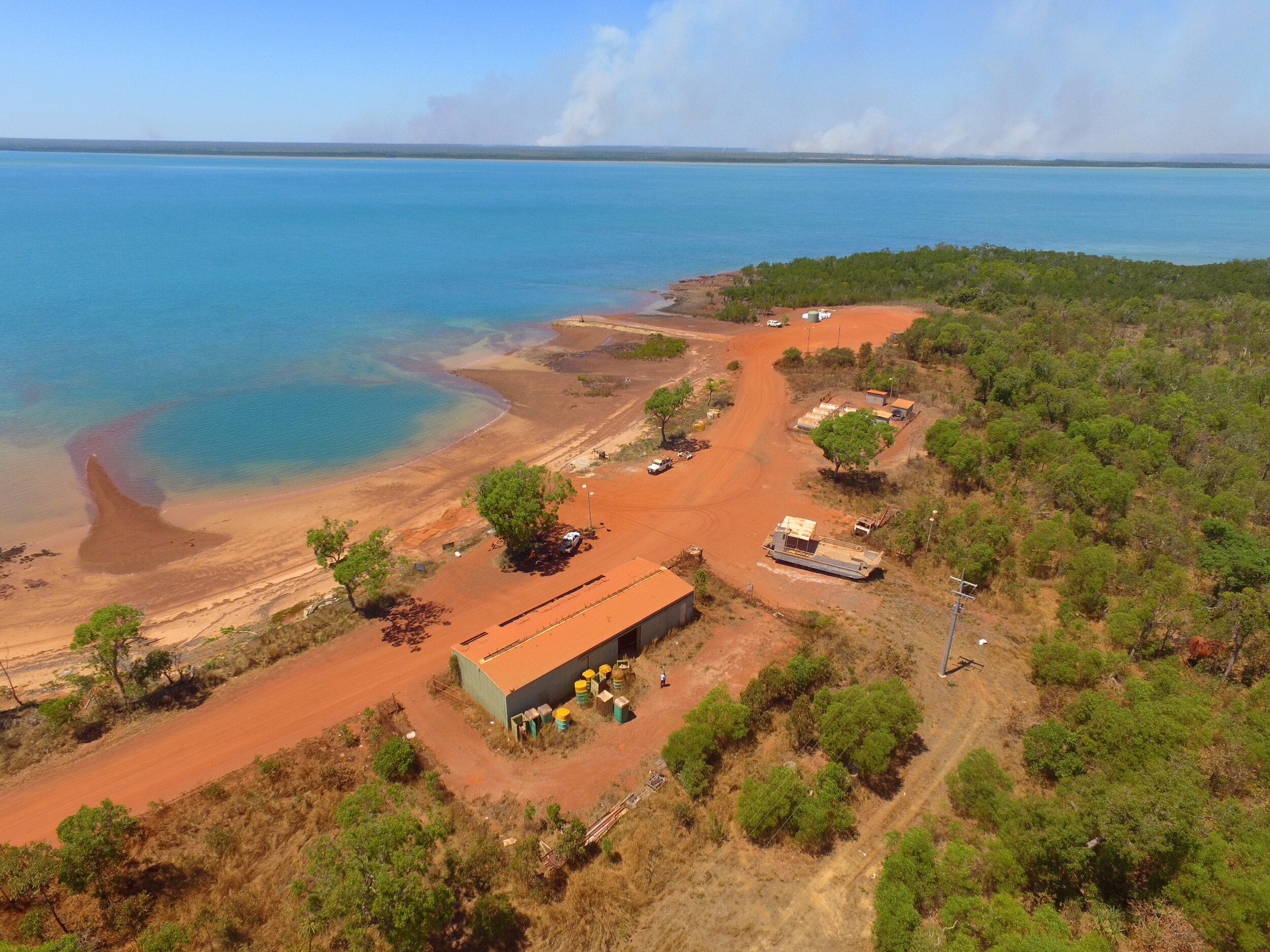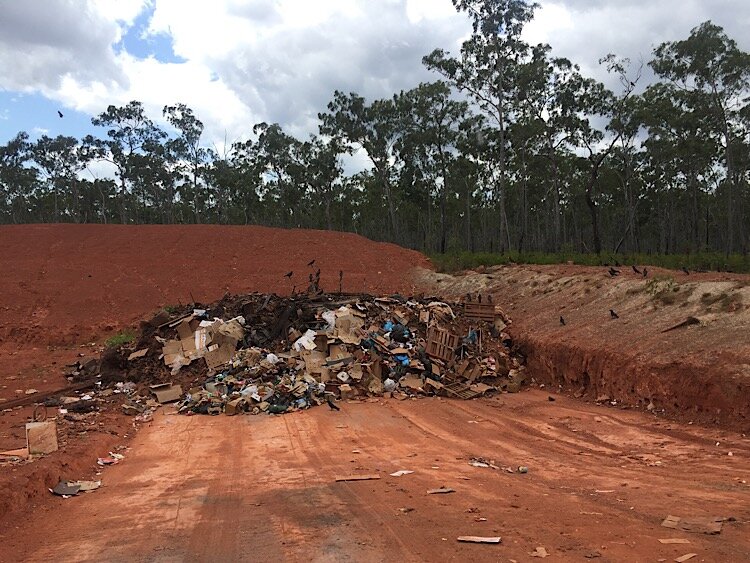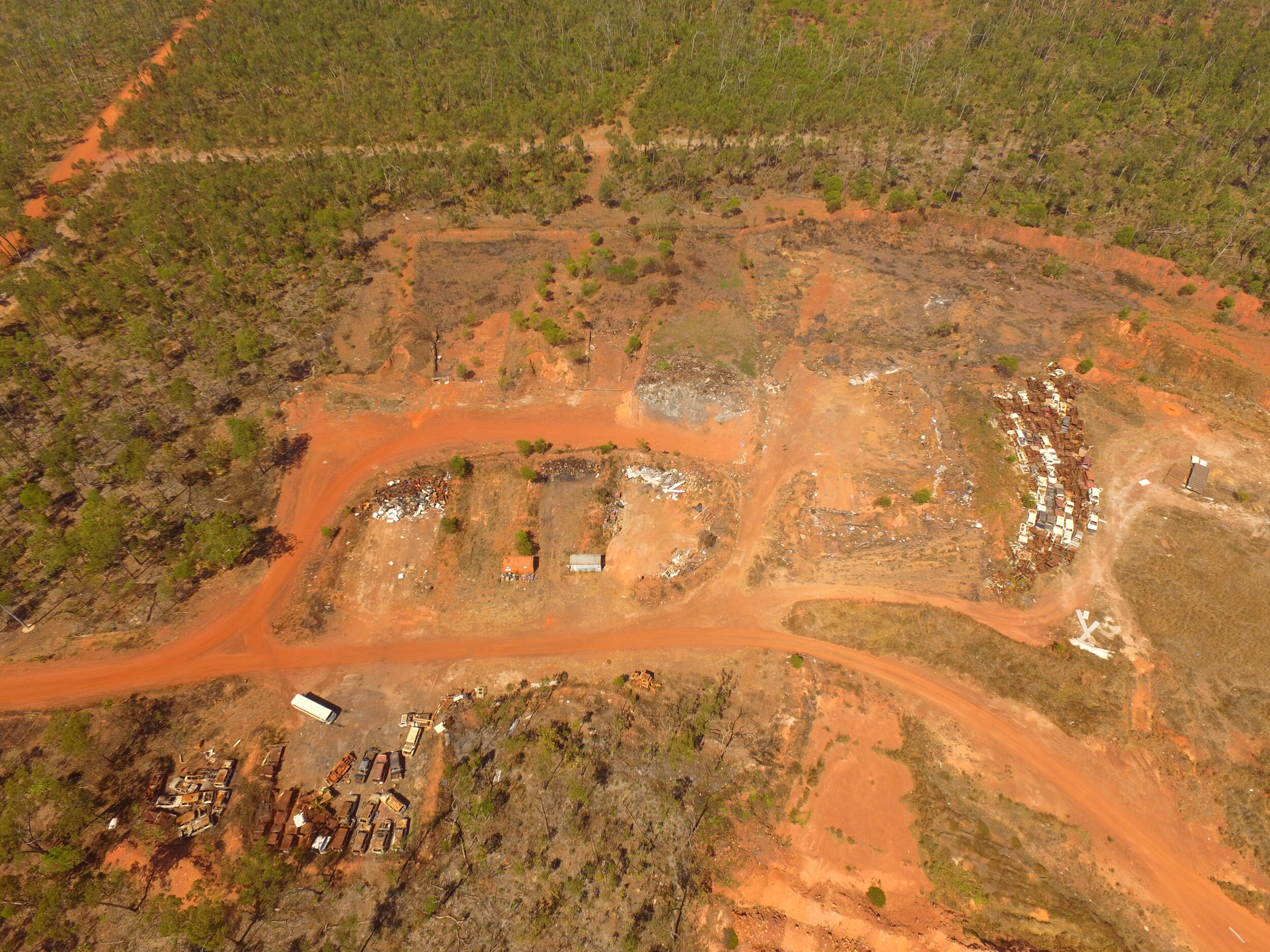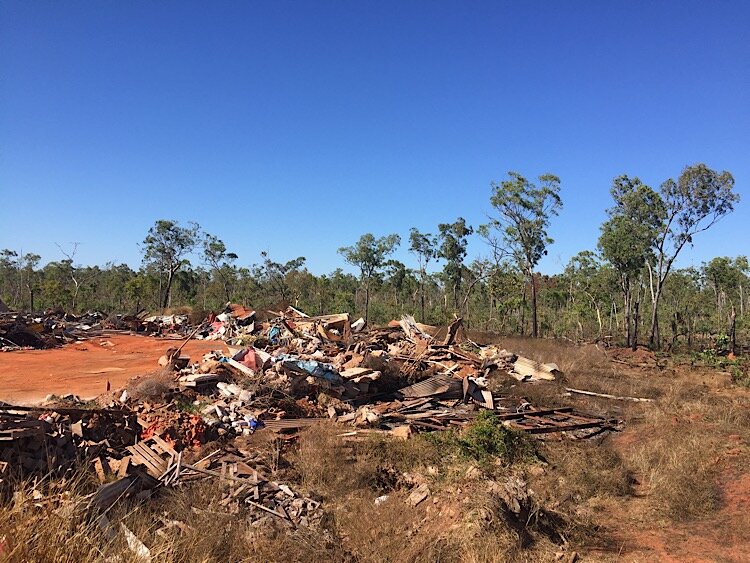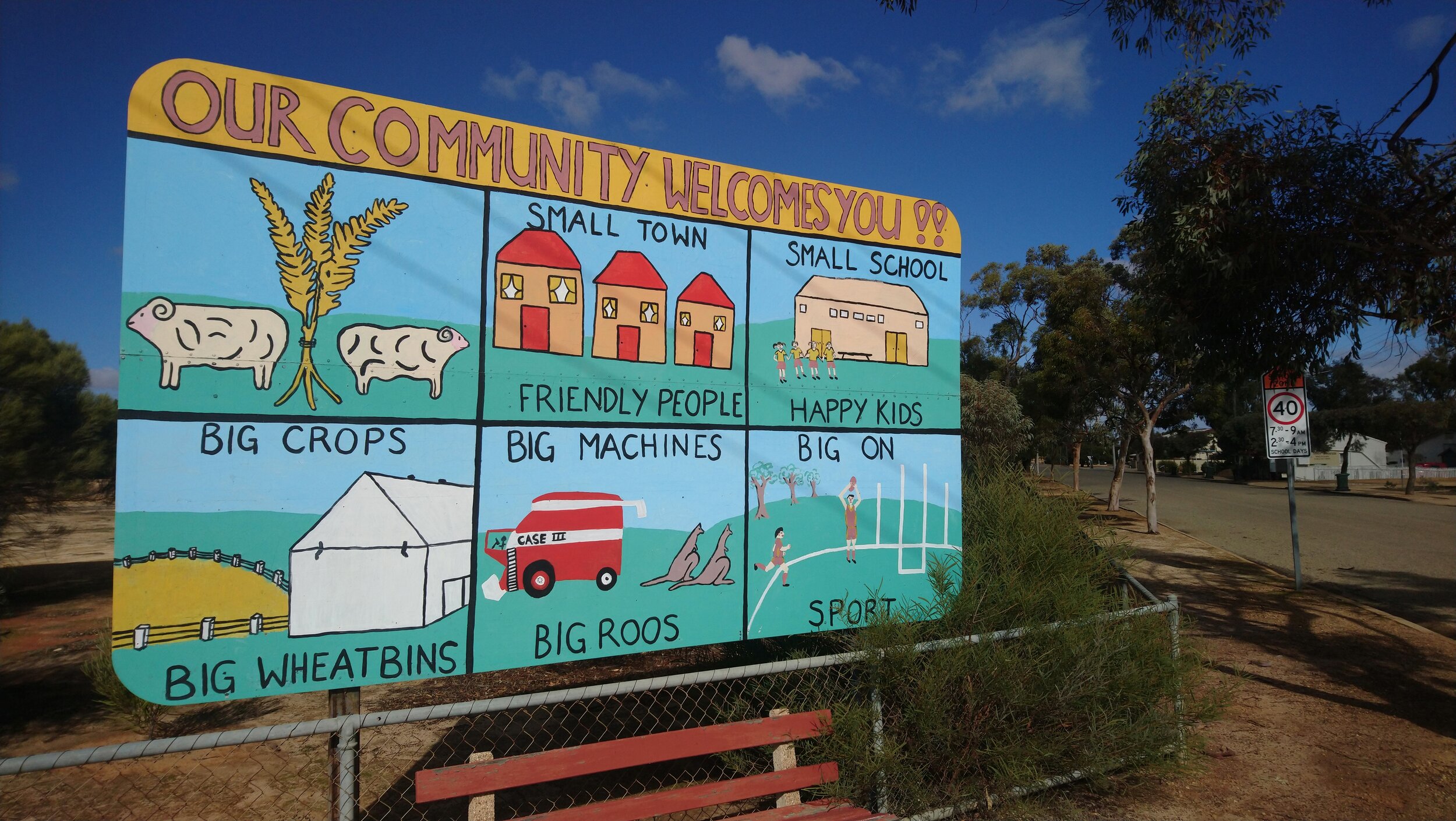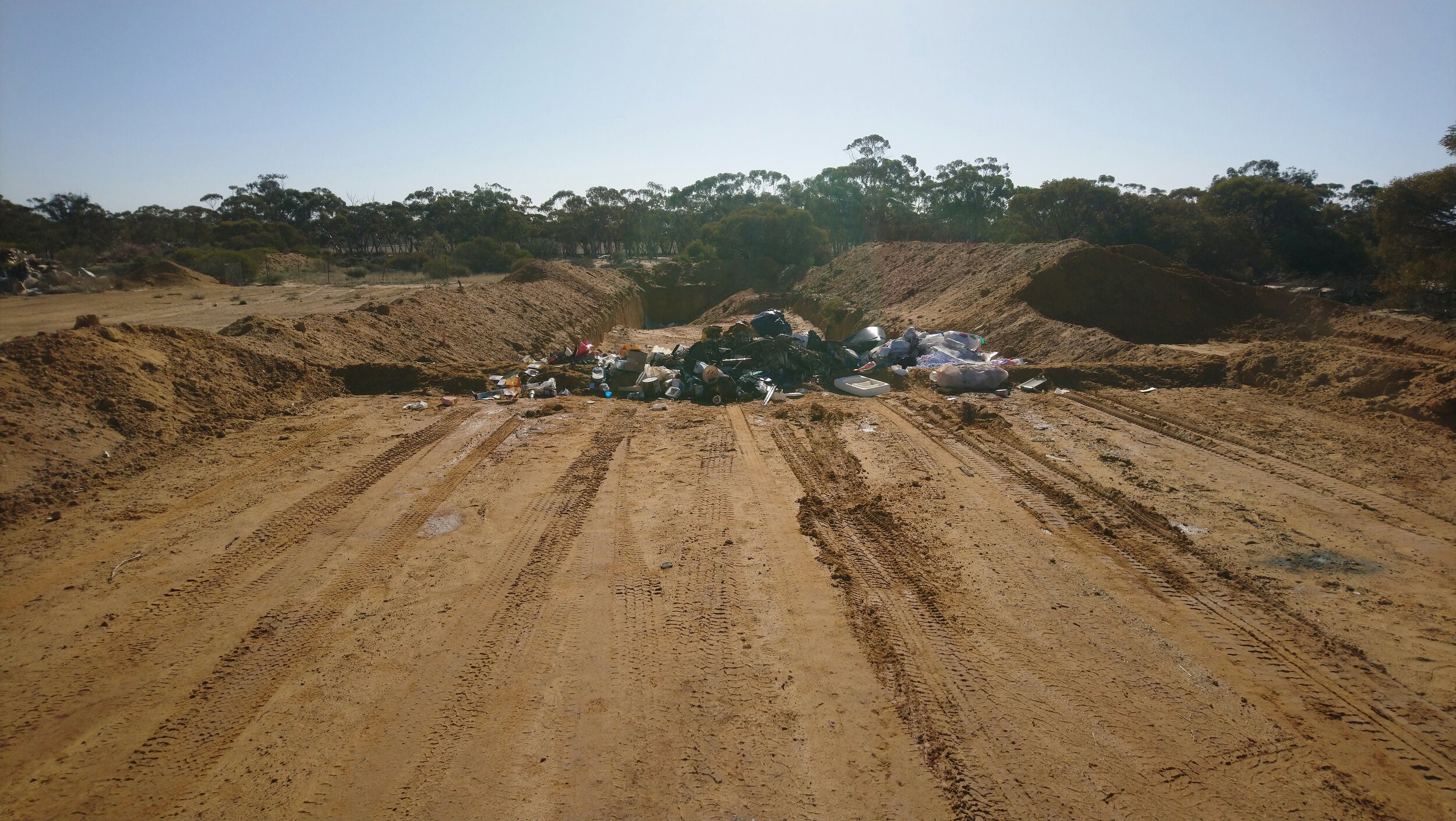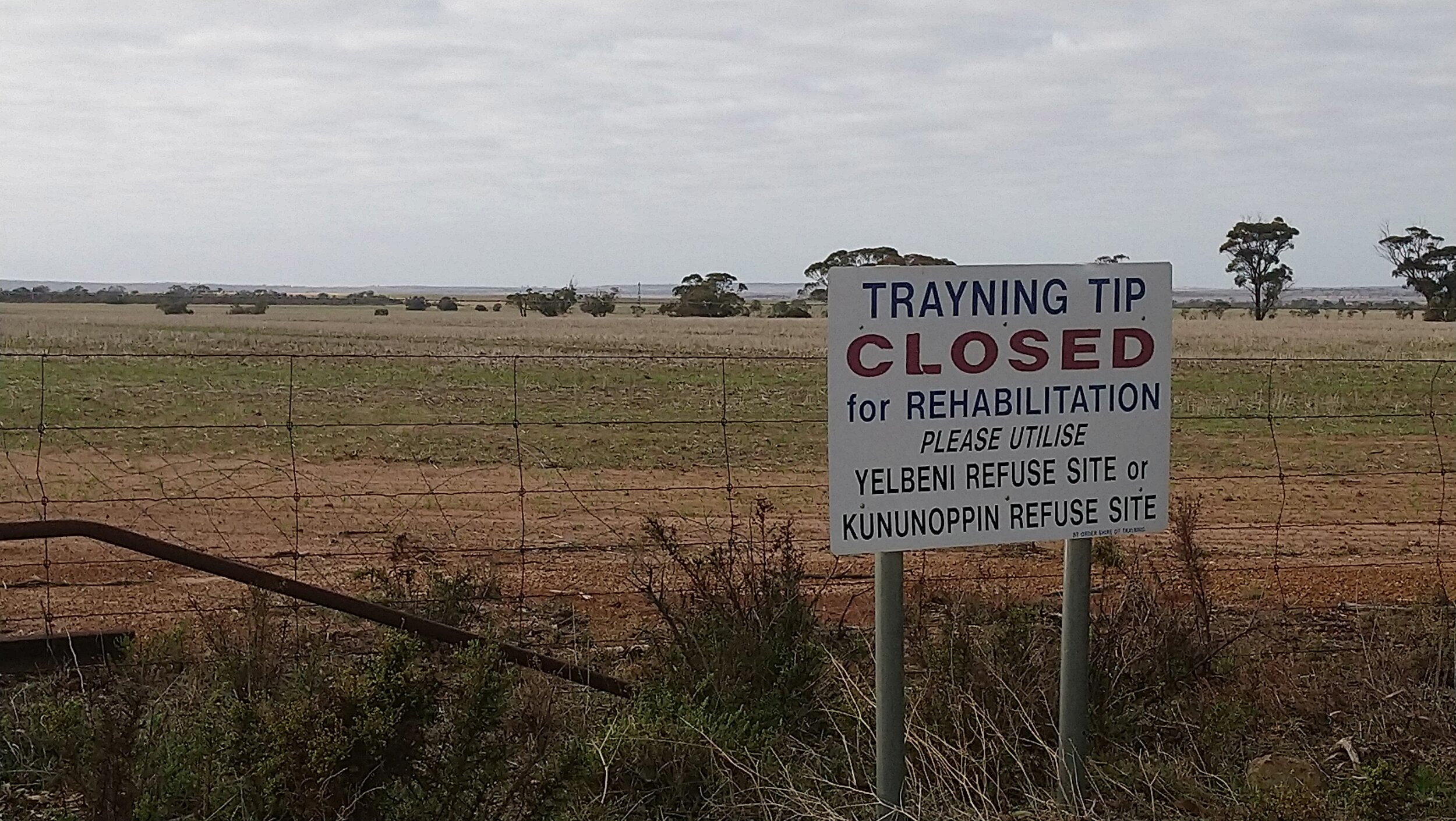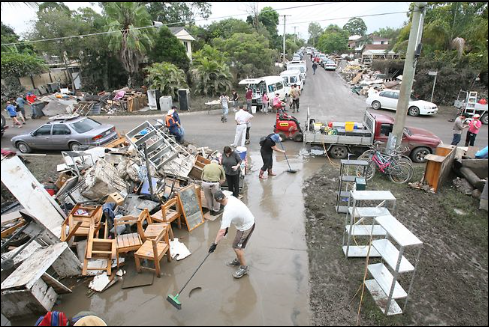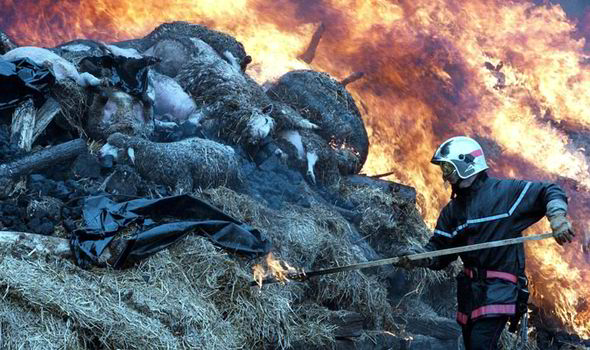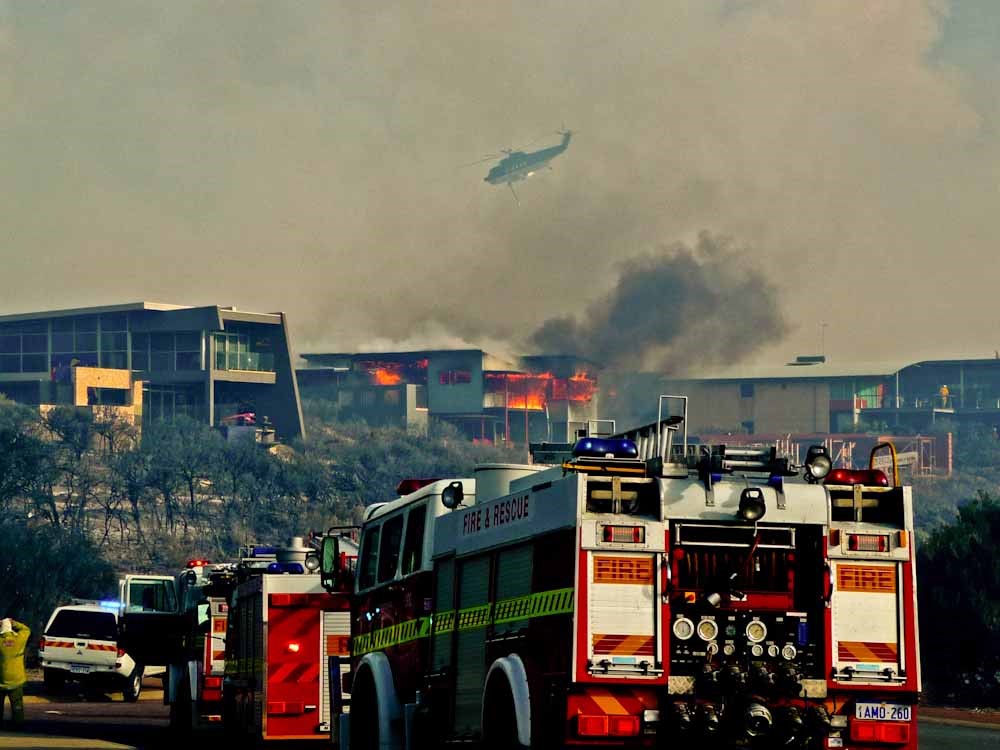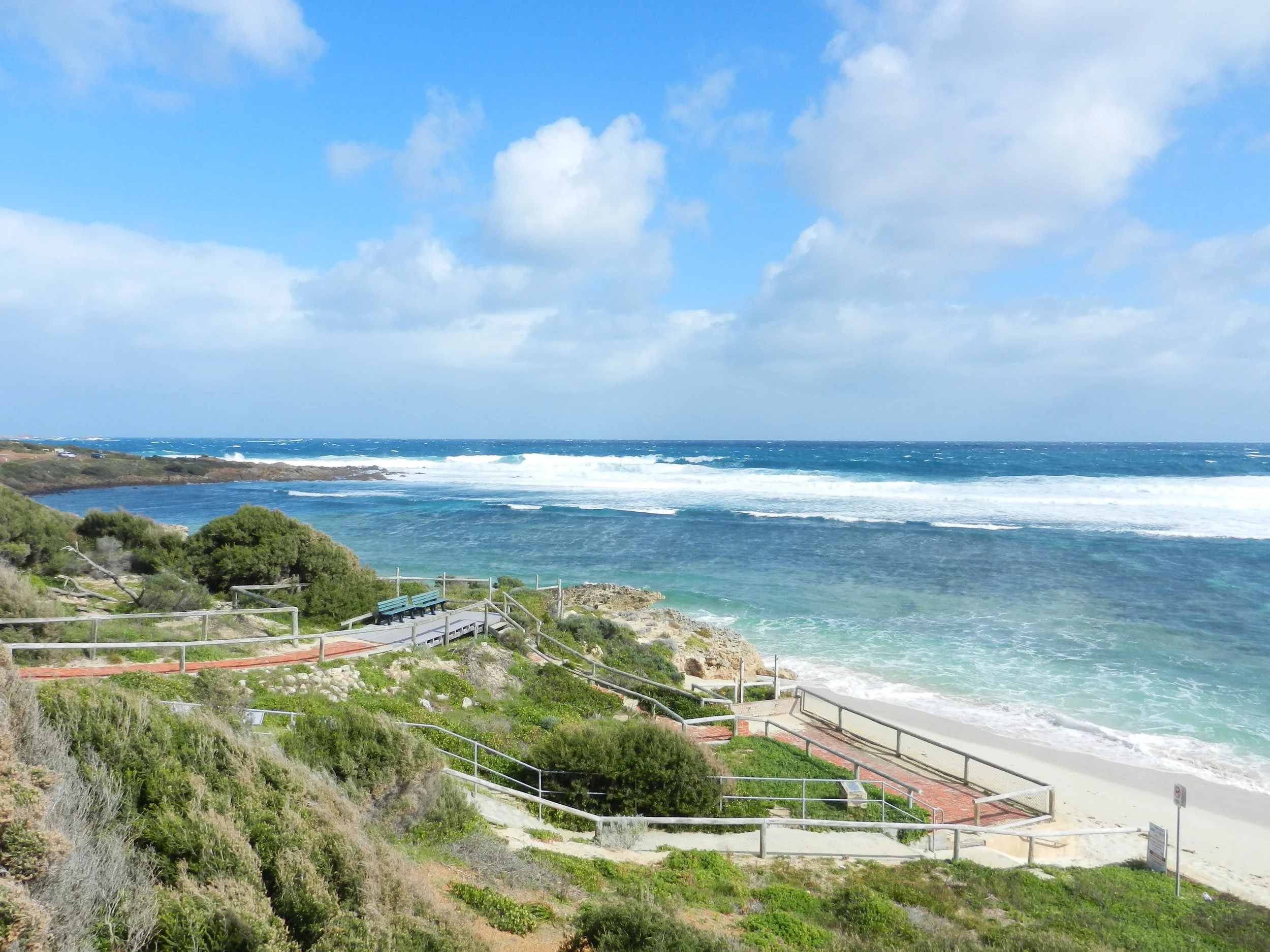Recent Projects
ASK offers public and private sector clients commercially-focused advice leading them towards an environmentally-friendly, sustainable future.
Below we have compiled some of our recent projects as examples of what we can achieve with our clients.
MidWaste (Mid North Coast, NSW) - C&D Waste Review, Market Analysis and Diversion Options report
Bunbury Harvey Regional Council - Cell Design and Approvals Application (in collaboration with Greentec)
East Arnhem Regional Council (NT) - Regional Waste Management Strategy
Office of Emergency Waste - Review of Emergency Waste Management in WA
Shire of Wyndham East Kimberley - On-Going Technical and Operational Advice
WA Waste Authority / Department of Water and Environmental Regulation - WA Recycling Activity Report
JBG Quinn & Sons (UK) - Waste to Agricultural Land Recycling
